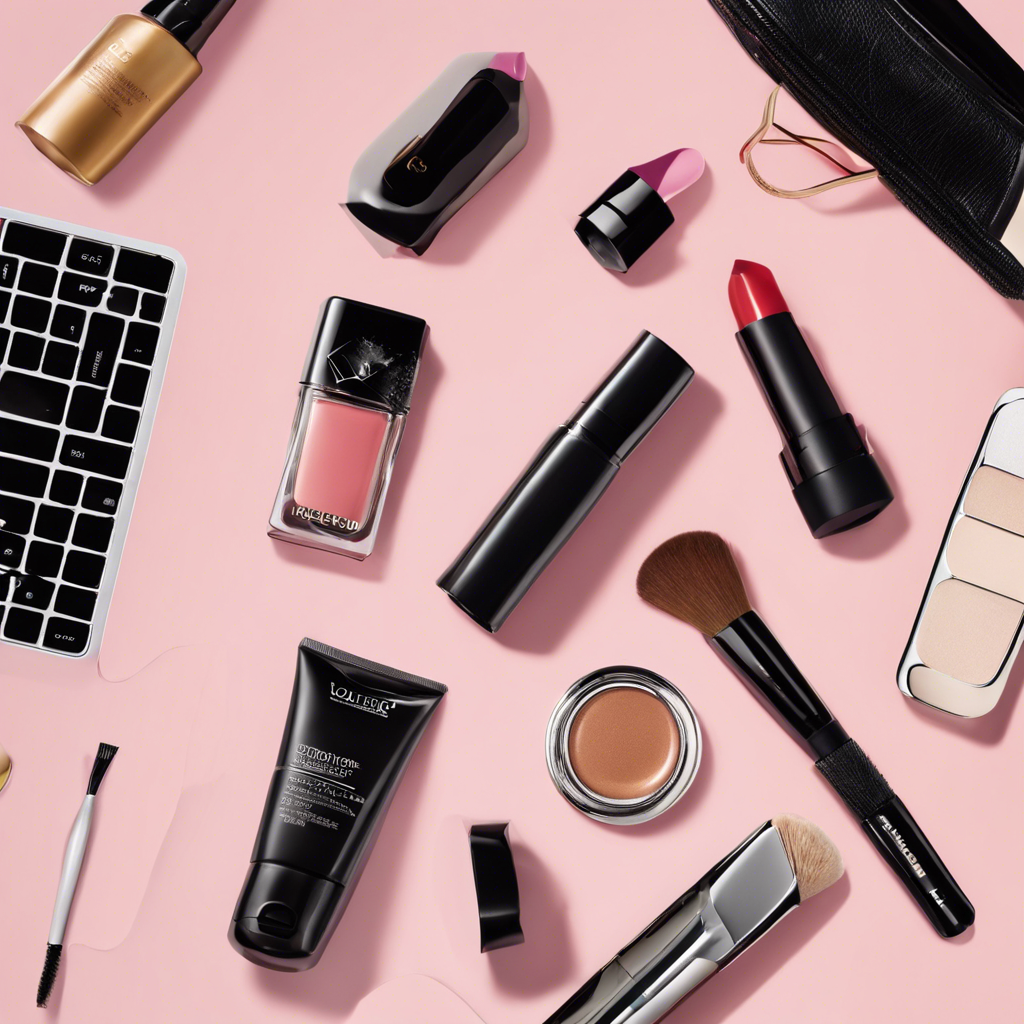Digital marketing strategies in the beauty industry have significantly impacted brand visibility and consumer engagement.
The beauty industry is a highly competitive market, with brands constantly vying for consumer attention. In recent years, the rise of digital marketing has revolutionized how beauty companies reach and engage their target audiences. This article explores the effectiveness of various digital marketing strategies in the beauty sector, examining their impact on brand visibility, consumer engagement, and overall success.
The Evolution of Beauty Marketing
Historically, beauty marketing relied heavily on traditional media, such as print advertisements, television commercials, and celebrity endorsements. While these methods had their merits, they often lacked the precision targeting and personalized approach that modern consumers crave. Enter digital marketing, a game-changer for the beauty industry.
The advent of social media platforms, content-driven websites, and influencer collaborations has provided beauty brands with a myriad of opportunities to connect with their target demographic in new and exciting ways. Let’s delve into some of the most effective digital marketing strategies employed in the beauty sector.
Digital Marketing Strategies in the Beauty Sector
Social Media Marketing
Social media platforms like Instagram, TikTok, and YouTube have become powerful tools for beauty brands. Influencer marketing, sponsored posts, and creative content strategies allow companies to reach a global audience and engage with customers on a personal level.
Benefits of Social Media Marketing in Beauty:
- Visual appeal: Beauty products lend themselves perfectly to visually appealing content, from makeup tutorials to skincare routines.
- Community building: Social media platforms enable brands to create engaged communities where users can share their experiences and connect with like-minded individuals.
- Real-time feedback: Interactive features like comments, likes, and shares provide instant feedback, allowing brands to quickly adapt and respond to customer needs.
Content Marketing
Creating valuable and informative content is another powerful strategy. Beauty brands can establish themselves as industry experts by providing educational resources, product reviews, and insider tips.
Influencer Collaborations
Working with influencers who have a significant following and a strong connection with their audience can boost brand awareness and credibility. Micro-influencers, with their niche audience and high engagement rates, have become particularly valuable in the beauty industry.
Case Studies and Success Stories
The Rise of Indie Beauty Brands
Digital marketing has been instrumental in the rise of indie beauty brands. These smaller companies have successfully carved out their niche markets by utilizing social media and influencer collaborations. For instance, Glossier, a skincare and makeup brand, has become a cult favorite through social media engagement and word-of-mouth marketing. Their focus on user-generated content and influencer partnerships has created a community of loyal customers.
Q&A: Addressing Common Concerns
Are digital marketing strategies cost-effective for small beauty brands?
Yes, digital marketing can be highly cost-effective for small beauty brands. Social media platforms and content marketing allow for targeted advertising at a fraction of the cost of traditional media. Additionally, influencer collaborations can be tailored to fit various budgets, making them accessible to indie brands.
How can beauty brands measure the success of their digital marketing campaigns?
Measuring success in digital marketing is crucial. Beauty brands can use analytics tools to track website traffic, social media engagement, conversion rates, and return on investment (ROI). These insights help brands understand what strategies are working and where adjustments are needed.
How can beauty brands stand out in a saturated digital landscape?
With so many beauty brands vying for attention online, differentiation is key. Beauty companies can stand out by creating unique, authentic content, focusing on storytelling, and building a strong brand identity. Engaging with customers and responding to feedback also helps foster a loyal following.
Conclusion
Digital marketing has undoubtedly transformed the beauty industry. By leveraging the power of social media, content creation, and influencer partnerships, beauty brands can effectively reach and engage their target audiences. The success stories of indie brands and established players alike demonstrate the immense potential of digital marketing strategies in this highly competitive sector.
However, it’s essential to remain agile and adapt to the ever-evolving digital landscape. Continuous analysis of campaign performance, staying updated with the latest trends, and listening to customer feedback are vital for long-term success in the beauty industry’s digital marketing arena.
—
Recommended external links and anchor texts:
1. Marketing Beauty Brands in a Saturated Market – Forbes article on beauty marketing strategies.
2. Social Media Trends in the Beauty Industry – An overview of social media trends in the beauty sector.
3. Digital Beauty Trends Reshaping the Industry – Google’s insights on digital marketing in the beauty sector.
